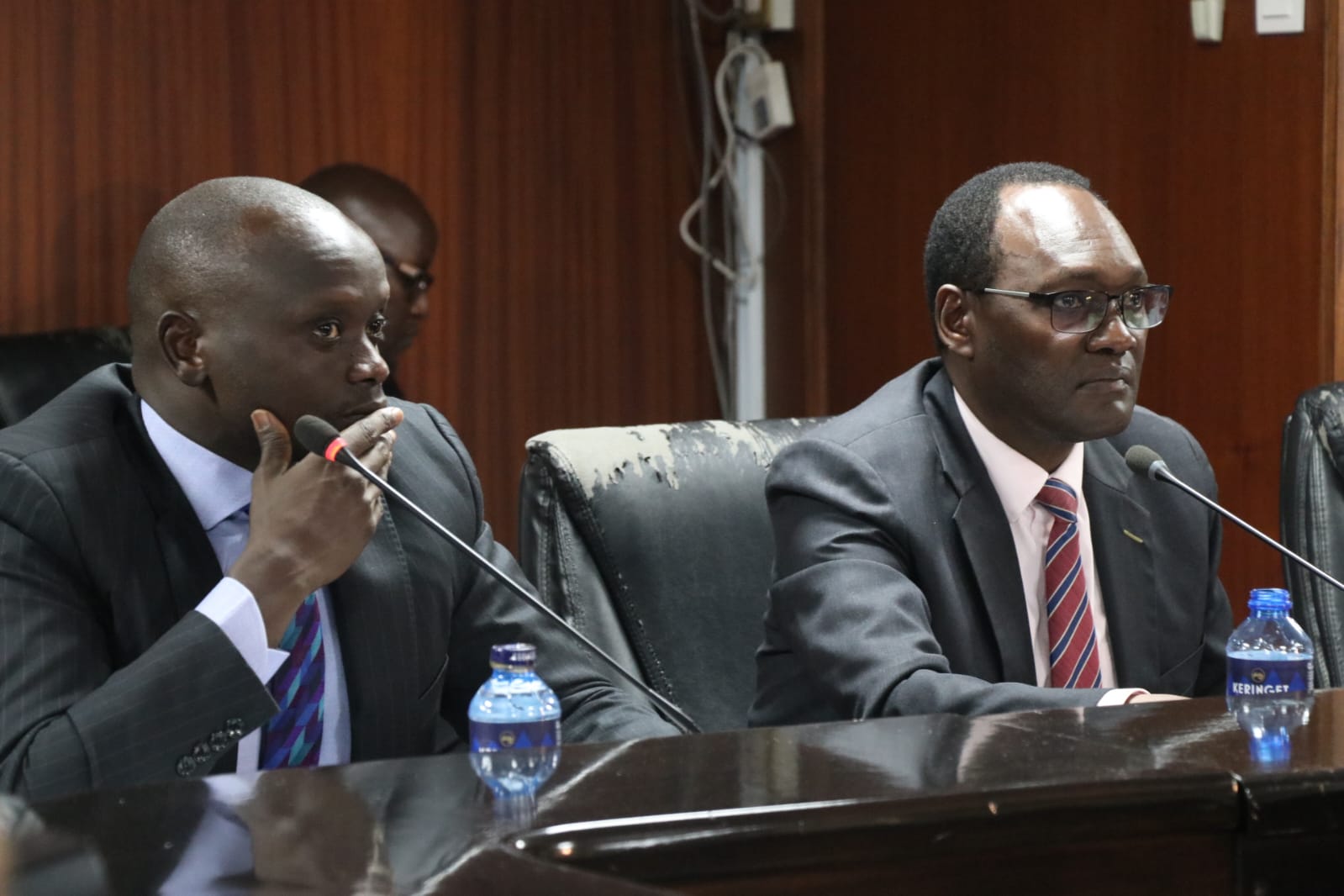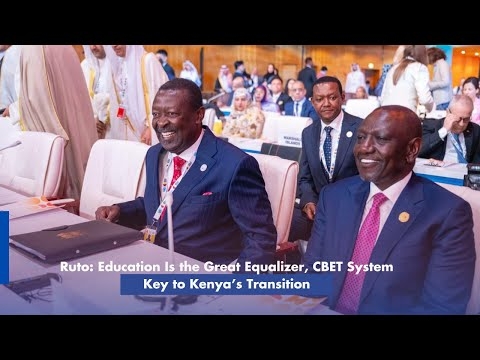
The National Treasury is at the center of a storm following revelations of a secretive plan to increase the road maintenance levy in a bid to secure funding through a controversial securitisation deal — a move that has sparked a heated backlash in Parliament.
During a tense session of the Public Debt and Budget Committee, lawmakers grilled Treasury principal Secretary Chris Kiptoo over the legality and transparency of using an additional Sh5 per litre from fuel taxes — on top of an earlier Sh7 increase — to back a loan arrangement aimed at financing road construction and settling mounting pending bills.
According to a section of the MPs, the plan, which has not received parliamentary approval, would effectively raise the Road Maintenance Levy Fund (RMLF) from Sh25 to Sh30, with the extra funds being used as collateral in a "true-sale" securitisation model.
Under this structure, future revenues from the levy would be sold to a Special Purpose Vehicle (SPV), allowing the government to receive upfront cash — a mechanism MPs now say was implemented without proper oversight.
“The Treasury has no legal authority to divert the five shillings without amending the law. This is a blatant overreach and a violation of appropriation laws,” charged Baringo North MP Joseph Makilap.
Treasury officials defended the move, arguing that securitisation was necessary to address a growing crisis in the roads sector, with billions in stalled projects, contractor claims, and unpaid bills.
Kiptoo said the initiative was undertaken in accordance with the law and had Cabinet approval, although it was yet to receive the green light from Parliament.
“We needed a solution to unlock working capital and get contractors back on site. Securitisation of the levy was deemed the most viable option within the existing legal framework.”
“Of course, it has to still come to parliament. And I think we have referred also to Sh12 shillings in this. It means there is an additional five shillings being proposed also to be accommodated, so that a total of Sh12 shillings will be ring fenced,” Kiptoo told the committee.
However, MPs took issue with both the process and intent behind the plan. Legislators questioned how the government could guarantee loan repayments from funds that were already fully appropriated by Parliament for specific agencies, including KeRRA and KenHA.
“This is money that Parliament allocated for maintenance, you have gone behind our backs and turned it into a debt instrument. That’s not just irregular — it’s dangerous,” said Kinangop MP Zachari Kwenya.
The controversy deepened when committee members demanded to know which financial institutions had participated in the Sh270 billion securitisation deal, at what interest rates, and what implications this would have on public debt servicing.
National Treasury Public Investments and portfolio management director, Lawrence Kibet was asked to disclose the terms of the Special Purpose Vehicle arrangement that will hold the funds and explain who would be held accountable if the Kenya Roads Board — the entity behind the levy securitisation — were to become insolvent.
“The real issue here is the legality of securitising a public levy without parliamentary approval,” said Kandara MP Chege Njuguna.
Calls to adjourn the session were made after Treasury Principal Secretary Chris Kiptoo attempted to exit the meeting for another engagement, sparking further outrage.
Lawmakers insisted he remain present, noting that only he, as the accounting officer, could answer the committee’s questions.
“This committee cannot accept substitutes. The P.S. must return and give this House the answers it deserves,” said Makilap, warning that Kenya could be approaching a “debt convergence point” that could cripple its fiscal stability.
With pending road contracts valued at over Sh800 billion and concerns mounting over ballooning public debt, the committee warned that reckless borrowing and lack of oversight could push the country toward a financial cliff.
The committee has demanded that the Treasury return with a full disclosure of the legal justifications, financial details, and institutional approvals behind the securitisation deal — and warned against implementing the additional Sh5 levy without a formal amendment to the law.
“This is not a small issue. It goes to the heart of public accountability,” said Wajir East MP Aden Daudi. “If we don’t get this right, we risk setting a dangerous precedent for how public finances are managed in this country.”


















